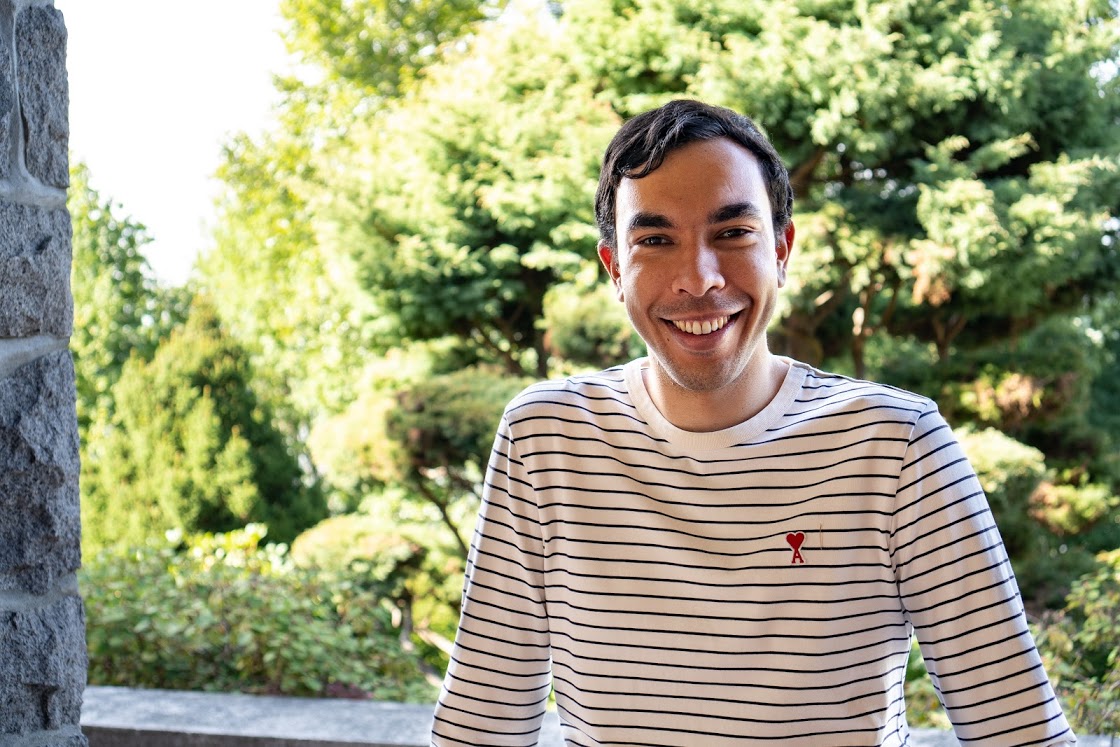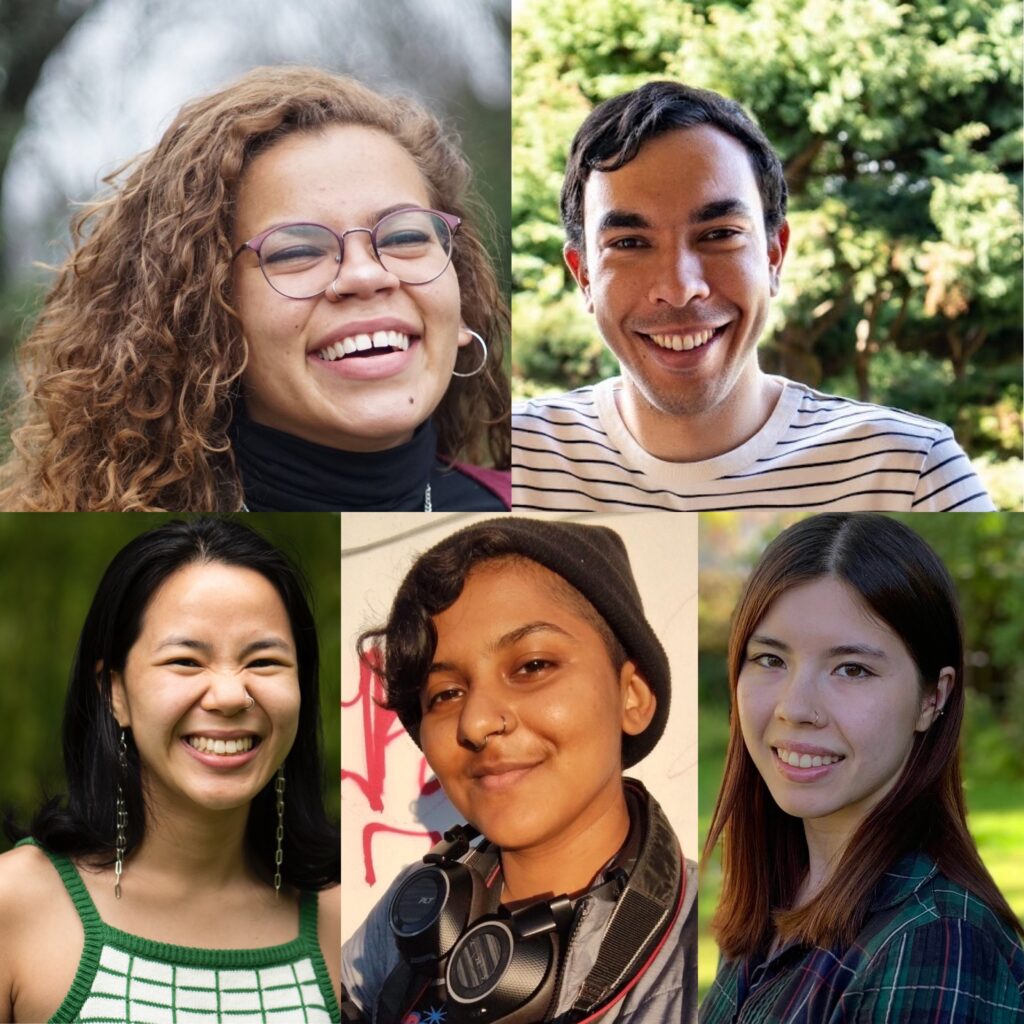Rodney Stehr (RS): What does it mean to be an effective communicator, as an academic, as a scientist, as a public health researcher? And how can we communicate in a way that is engaging, in a way that is accessible, in a way that is not condescending, and in a way that builds trust?
Science World (SW): Rodney Stehr is tackling these and other big questions as they pursue a Master of Science and Interdisciplinary Studies at the University of British Columbia. They’re researching the experiences of queer youth who’re navigating overlapping public health crises, namely COVID-19 and the overdose crisis.
RS: Are there interventions, are there ways that we can, as institutions, as individuals, change or sometimes just cease (laughs) operation in ways that could improve people's health outcomes throughout the course of their lives?
SW: These questions started early in Rodney's education, when their job at a sexual health and harm reduction organization was defunded. Rodney wanted to know: why do institutions that are supposed to protect everyone, end up harming some?
RS: For many populations there's been a lack of trust for very real reasons, whether it be institutionalized sexism; not believing women when it comes to disclosures of pain; disclosures of Black women; or disabled folks, and their experiences of healthcare spaces. These systems have often made populations feel like they don't matter, like they're disposable. And so, how can we communicate in ways that build that trust, in ways that are equitable, and in ways that say, "We acknowledge the harm that we've caused as a discipline, but we are actively willing to make amends."
SW: As a qualitative researcher, Rodney works with queer youth to understand their individual experiences of substance use and healthcare during the COVID-19 pandemic. Their hope is to make these individuals more visible to doctors, nurses, pharmacists, policymakers, and nonprofit program directors, in order to prevent further harm.
RS: It is hard work. And it can be quite emotionally heavy. Because oftentimes, the work that I do reflects my own experiences. And sometimes it's just difficult to hear your colleagues or your friends or people in your own community going through really difficult times that should not even be happening to them just by virtue of a system that expects you to consistently live in poverty in order to be able to access affordable counselling services or gender affirming care. Why is it like this? And why does it have to be like this? And why are we invested in forms of healthcare, forms of policymaking, forms of funding, that continue to ensure that folks aren't able to live simple lives?
SW: This concept of a simple life was introduced to Rodney by Cree author Michelle Good who visited UBC recently and spoke about the challenge for residential school survivors to make simple lives for themselves. Rodney saw their research reflected in this challenge.
RS: Simple lives, like truly just not living in fear. Feeling like they can access any service, whether it be checking into a hospital with some concerns around pain, and not have to deal with racism and not have to deal with transphobia, homophobia, sexism, and all the other things that are very much built in to these systems. I guess that's just a question that I find myself frequently revisiting is this idea of—well, this this is not working for anybody. Why are we continuing to pretend as if everything's okay?
SW: And the biggest question Rodney is addressing is, how do we change?
RS: We need resources that are thoughtful, that are compassionate. I mean it's a very difficult and politicized subject around youth who use substances, just as the same it is with adults. Youth have different needs when it comes to substance use. Abstinence isn't always going to work, and involuntary stabilization care isn't always going to work and can have associated harms. And so, I think this is something else that motivates me too. I work with youth who are more directly impacted by the overdose crisis. We need to be better advocates as researchers, because oftentimes researchers are passive players in the sense that we sit around, apply for grants, sort of ad infinitum. Meanwhile, you know, these crises continue and so, what does it mean for academics, for researchers to play more active roles and not just sit around and collect data where people die?


